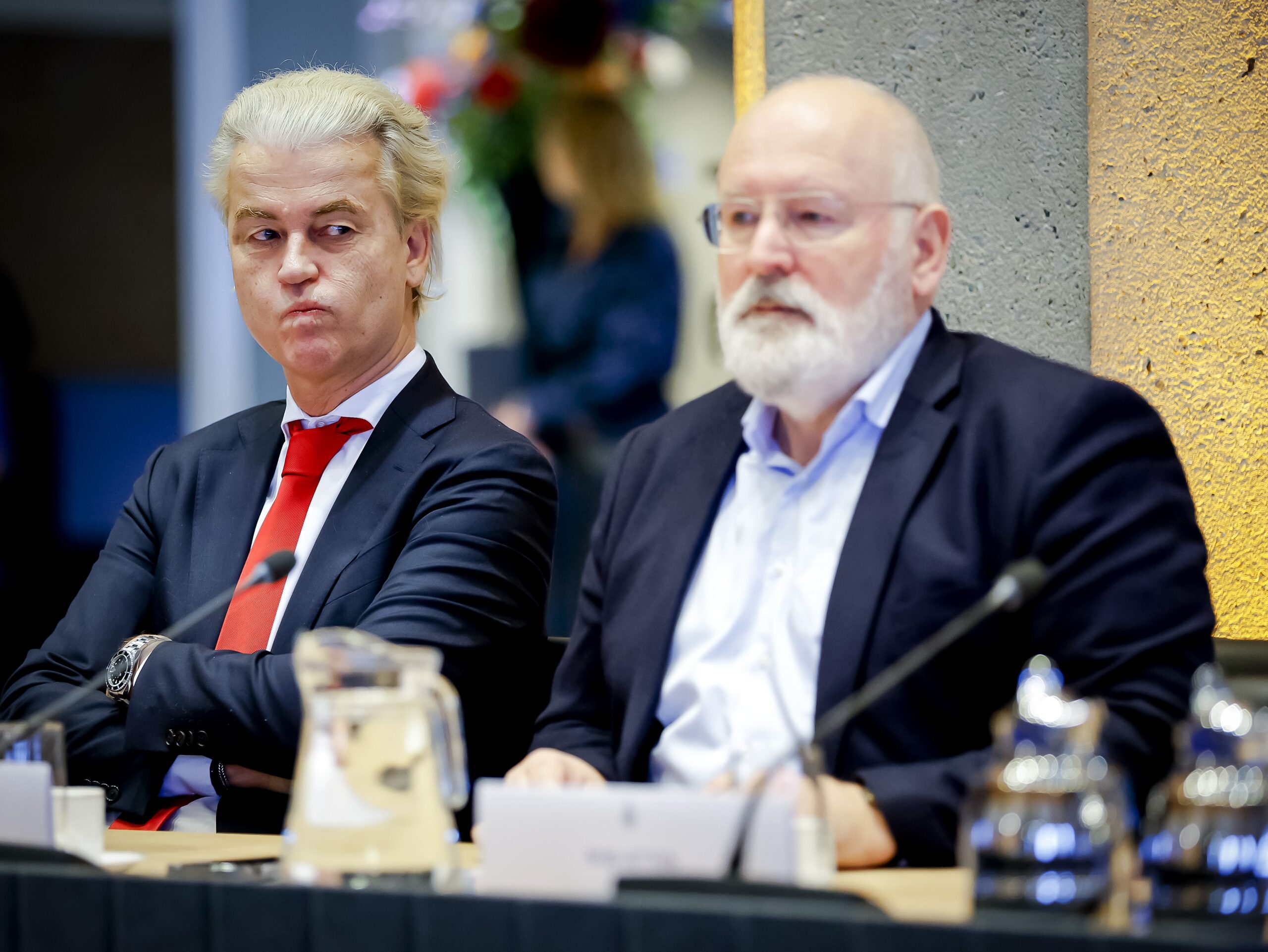VVD’s Yesilgöz says no – but will prop up a Wilders-led cabinet

The VVD will not be in the next cabinet because of its major losses in Wednesday’s general election, leader Dilan Yesilgöz told reporters on Friday at the start of talks on forming a new government.
“The PVV and the NSC are the big winners. After 13 years, it is appropriate for us to take a different role,” Yesilgöz said, reflecting on the 13 years the VVD led the government under the leadership of Mark Rutte. “But we will make a centre-right coalition possible and we will support constructive suggestions,” she said.
The VVD lost 10 seats at the election, or almost a third of its support. “That is a signal from voters,” she said. “But we are not going to turn our backs on all those people who did vote for us.”
Geert Wilders said he was disappointed at the VVD’s decision which, he said, “would not make” the formation process any easier. “It may now take months and Mrs Yesilgöz has not made it any easier for her voters.”
Caroline van der Plas, leader of the pro-countryside BBB, said she was “a little surprised” at the VVD’s decision, calling it premature. The NSC’s Pieter Omtzigt and CDA’s Henri Bontenbal said they were also surprised the VVD had made its position clear so early in the talks.
In 2010, the PVV was part of a similar construction, propping up a minority cabinet between the VVD and CDA. But that cabinet collapsed after two years when Wilders withdrew his support.
PVV senator Gom van Strien, who has been in the upper house of parliament since 2011, has been chosen as the verkenner, the person who will talk to all the party leaders about putting together a potential coalition.
The electoral council, Kiesraad, will make the finalised results of the election public on December 1 and on December 5 the old parliament will stand down. The new MPs will be sworn in on December 6.
Around that time too, the verkenner will report back to parliament on the outcome of the initial talks. MPs will also elect a new chairman of the lower house.
Once a potential coalition has been identified, informateurs will be appointed to work with the prospective partners and hammer out a coalition agreement. Only once that process has been completed – which can take months – will ministers be appointed and the Netherlands will have a new administration.
Some commentators suggest this could happen relatively quickly because a right-wing government is the most logical option. But others suggest the VVD and NSC in particular are deeply divided about working with Wilders at all.
The VVD’s decision leaves the PVV with just the NSC and BBB as possible formal coalition partners and rules out a right-wing majority government, even with the support of the SGP and CDA.
Thank you for donating to DutchNews.nl.
We could not provide the Dutch News service, and keep it free of charge, without the generous support of our readers. Your donations allow us to report on issues you tell us matter, and provide you with a summary of the most important Dutch news each day.
Make a donation